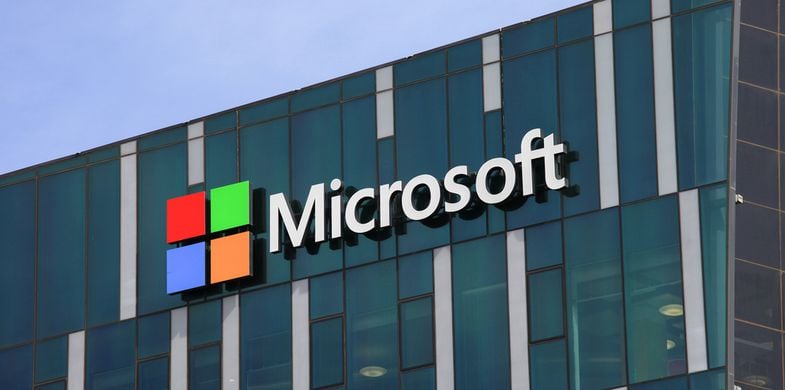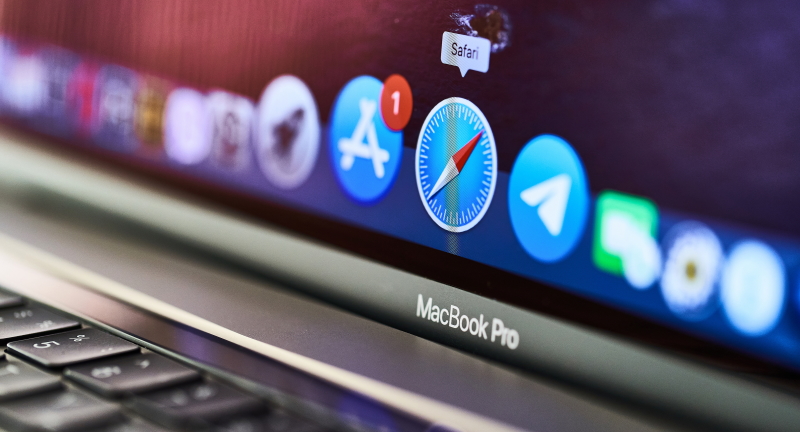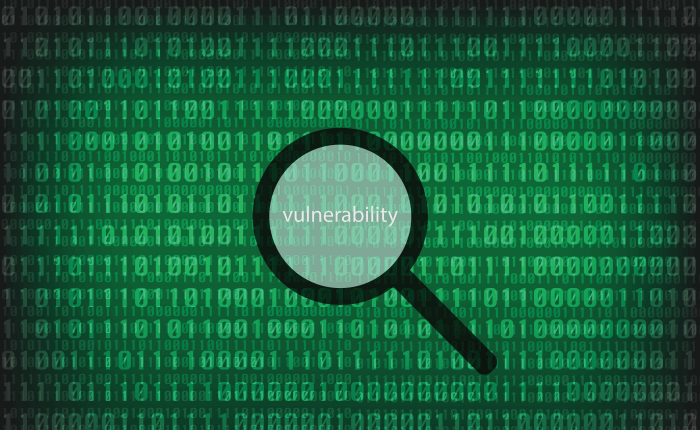Security News

Microsoft today released updates to remedy nearly 130 security vulnerabilities in its Windows operating system and supported software. Todd Schell at Ivanti reminds us that Patch Tuesday isn't just about Windows updates: Google has shipped a critical update for its Chrome browser that resolves at least five security flaws that are rated high severity.

Microsoft has released patches for 129 security bugs in its September Patch Tuesday update. Another critical RCE vulnerability that should be prioritized for patching is CVE-2020-1210, which exists in SharePoint due to a failure to check an application package's source markup.

Trend Micro Zero Day Initiative's Dustin Childs says that patching CVE-2020-16875, a memory corruption vulnerability in Microsoft Exchange, should be top priority for organizations using the popular mail server. CVE-2020-0922, a RCE in Microsoft COM, should also be patched quickly on all Windows and Windows Server systems.

Should we expect a large number of updates this Patch Tuesday that will bog down our networks? Applying the updates for KB 4565351 or KB 4566782 resulted in a failure for many users on automatic updates with return codes/explanations that were not very helpful.

A security researcher disclosed details of an Apple Safari web browser security hole that could leak files with other browsers and applications and open the door to exploitation by attackers. The disclosure came only after Apple said it would delay patching the vulnerability for nearly a year.

A vulnerability in Thales' Cinterion EHS8 M2M module, a Java-powered embedded 3G system used in millions of Internet-of-Things devices for connectivity, was revealed yesterday by IBM's X-Force Red. The bug, disclosed to Thales and addressed in a patch made available to IoT vendors in February, makes it possible for an attacker to extract the code and other resources from a vulnerable device.

Large companies find an average of 779,935 individual security bugs when running routine vulnerability scans; and over the course of six months, an average of 28 percent of those vulnerabilities will remain unmitigated. The survey found that the average backlog of bugs for these companies totals a whopping 57,555 identified vulnerabilities.

Microsoft failed to properly address an elevation of privilege vulnerability in the Windows Local Security Authority Subsystem Service, the Google Project Zero researcher who discovered the issue says. "LSASS doesn't correctly enforce the Enterprise Authentication Capability which allows any AppContainer to perform network authentication with the user's credentials," Project Zero security researcher James Forshaw noted in May. At the time, the researcher explained that the issue is related to a legacy AppContainer capability providing access to the Security Support Provider Interface, likely meant to facilitate the installation of line of business applications within enterprise environments.

The latest series of Patch Tuesday security updates for Windows 10 includes patches for 17 bugs marked 'Critical' and 97 listed as 'Important'. Microsoft has issued fixes for 120 vulnerabilities - including two zero-day exploits - in its latest Patch Tuesday security update for Windows 10.

This time the problem is in the Citrix Endpoint Management, the product Citrix suggests as an ideal way to securely manage devices and "Let employees work how, when and where they want." The situation is sufficiently serious that Citrix gave advance notice of the bugs to "a number of major CERTs around the world." But it's not explained just what the bugs entail, offering only a list of CVE numbers, and hasn't said which of the five are critical.